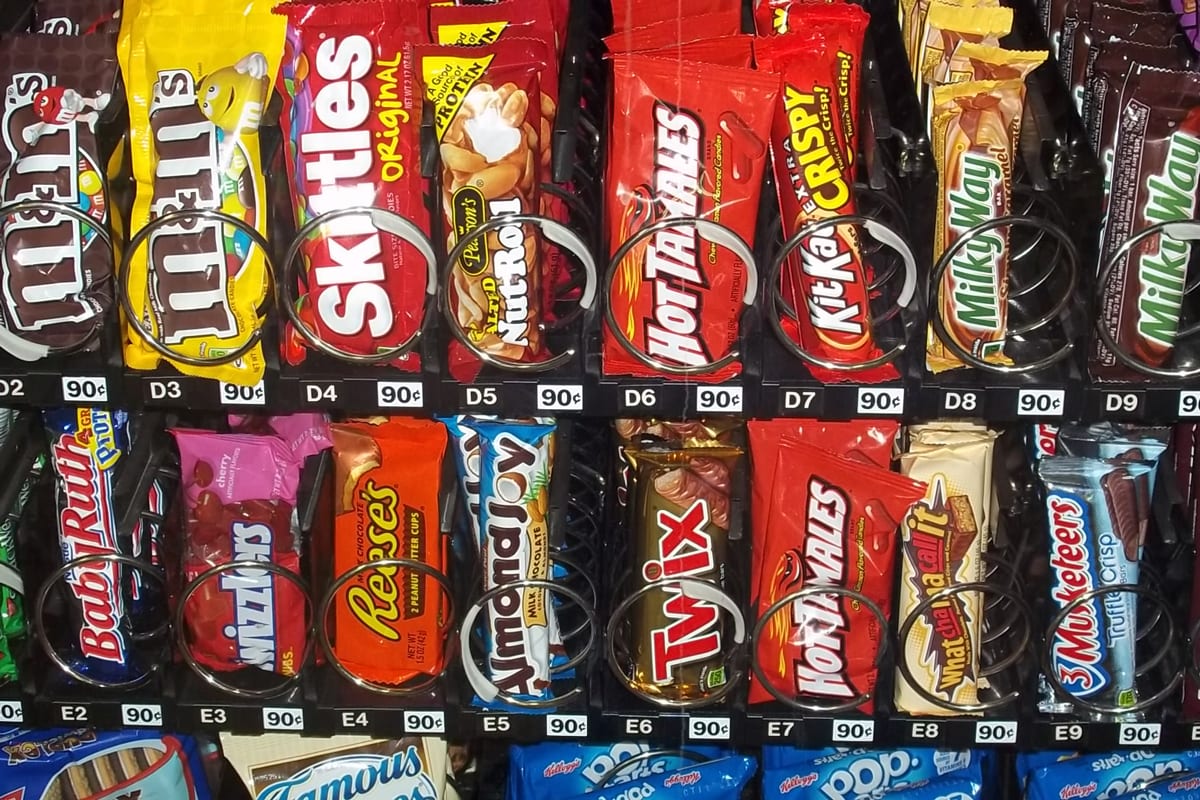Junk Food Is Widely Available in U.S. Schools—but New Standards Are Coming Soon
By Sara Brinda, March 30, 2012

In January, the U.S. Department of Agriculture (USDA) announced healthier new standards for school meals. Soon, students will find more fruits, vegetables and whole grains on their cafeteria trays, and these meals will be subject to stricter limits on calories and salt. In a country where more than 23 million children and teens are overweight or obese, these changes are an important step toward improving the health of American kids.
Though the new rules will lead to healthier items being served through the official school meals program, they won’t have any effect on other foods and drinks sold in schools. These products, available in vending machines, school stores and even cafeteria à la carte lines, are virtually exempt from federal regulation.
A recent study conducted by Bridging the Gap (a research program of the Robert Wood Johnson Foundation, a Burness Communications client) showed that nearly half of the country’s youngest students—those in elementary school—could buy unhealthy snacks, such as cookies, cakes and baked goods, at school. In the South, where obesity rates are highest, almost 60 percent of public elementary school students could buy sugary snacks outside of school meals.
Previous studies have shown that the availability of these snacks and drinks has an impact on children’s diets: When schools sell unhealthy foods outside of meals, kids eat less of their lunch, consume more fat, take in fewer nutrients and gain weight.
There is change on the horizon, though. This spring, USDA is expected to introduce new standards for these foods and beverages—the first meaningful, federal-level changes to the regulations since 1979. When finalized, perhaps by the end of 2012, these standards will help ensure that all foods and beverages in schools support a healthy diet.
For more information on the Bridging the Gap study, check out these articles in The Washington Post and USA Today. The New York Times also ran a story on the new school vending machine guidelines.
